Italy Defies International Condemnation by Inviting Putin-Affiliated Conductor Valery Gergiev
Italy Defies International Condemnation by Inviting Putin-Affiliated Conductor Valery Gergiev
In a move that has ignited a firestorm of controversy, the southern Italian region of Campania has extended an invitation to renowned Russian conductor Valery Gergiev to perform at the upcoming “Un’Estate da RE” festival. Gergiev, a close confidant of Russian President Vladimir Putin and the artistic director of Moscow’s prestigious Bolshoi and Mariinsky theaters, has faced widespread international censure and exclusion from European stages since Russia’s full-scale invasion of Ukraine. His continued silence on the war has drawn sharp criticism, with many viewing his inclusion in cultural events as a tacit endorsement of Kremlin policies.
Vincenzo de Luca, the president of the Campania region, has staunchly defended the decision, asserting that “culture… must not be influenced by politics and political logic.” He further elaborated that individuals should not be held accountable for the actions of their governments. De Luca, who has previously described sanctions against artists like Gergiev as a “moment of stupidity,” expressed his “pride” in welcoming the conductor, signaling a potential rehabilitation for Gergiev within certain European cultural circles.
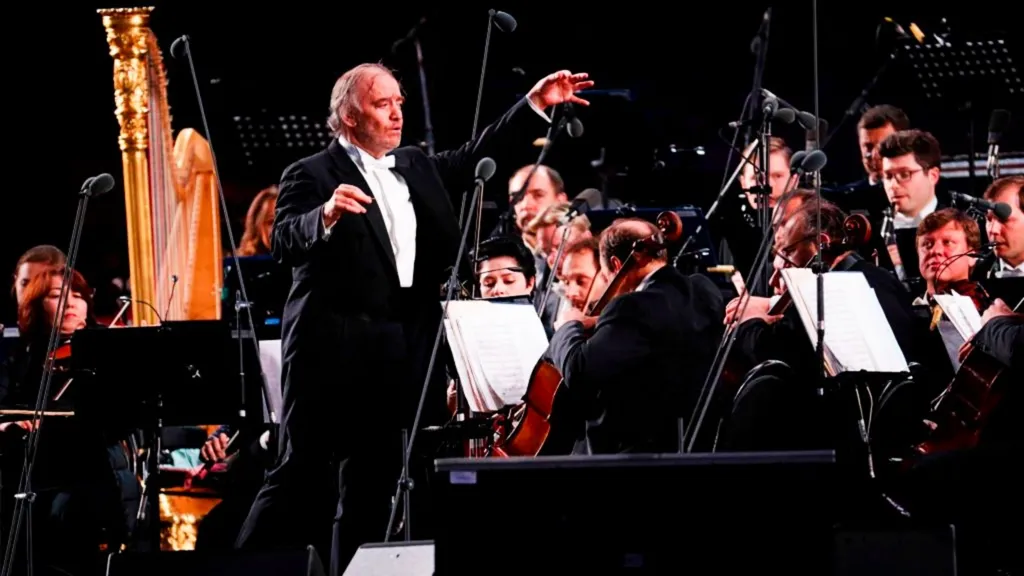
However, this stance has been met with fierce opposition. Pina Picierno, a vice-president of the European Parliament and a member of de Luca’s own Brothers of Italy party, condemned the invitation as “absolutely unacceptable,” branding Gergiev a “cultural mouthpiece for Putin and his crimes.” Ukrainian human rights activist and Nobel laureate Oleksandra Matviichuk labeled the regional government’s decision as “hypocrisy.” Similarly, Russian opposition activists, including those from Alexei Navalny’s Anti-Corruption Foundation, have called for the concert’s cancellation and urged the Italian interior ministry to ban Gergiev’s entry into the country.
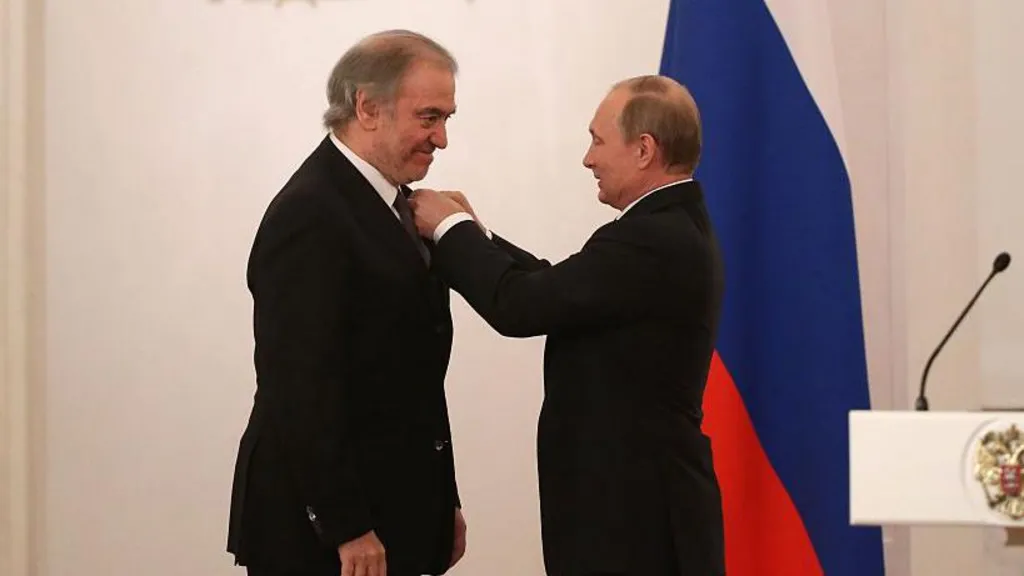
The controversy unfolds against the backdrop of Italy’s strong commitment to supporting Ukraine. Prime Minister Giorgia Meloni, a vocal critic of Vladimir Putin, has been a key figure in reaffirming European solidarity with Kyiv. Despite her government’s stance, the Ministry of Culture is among the backers of the “Un’Estate da RE” festival, creating a perceived conflict. Some within Meloni’s party, such as MP Alfredo Antoniozzi, have defended Gergiev, arguing that “If Russians have to pay for the mistakes of their president, then we are committing a kind of cultural genocide.”
Gergiev’s career, once lauded with prestigious positions across Europe, including with the London Symphony Orchestra and the Munich Philharmonic, came to an abrupt halt following the February 2022 invasion. His refusal to condemn the war, even when directly prompted by Milan’s mayor at La Scala, led to his dismissal from key conducting roles and the cancellation of numerous performances across the continent. This history amplifies the significance of Italy’s decision to potentially reintegrate him into the European cultural landscape.
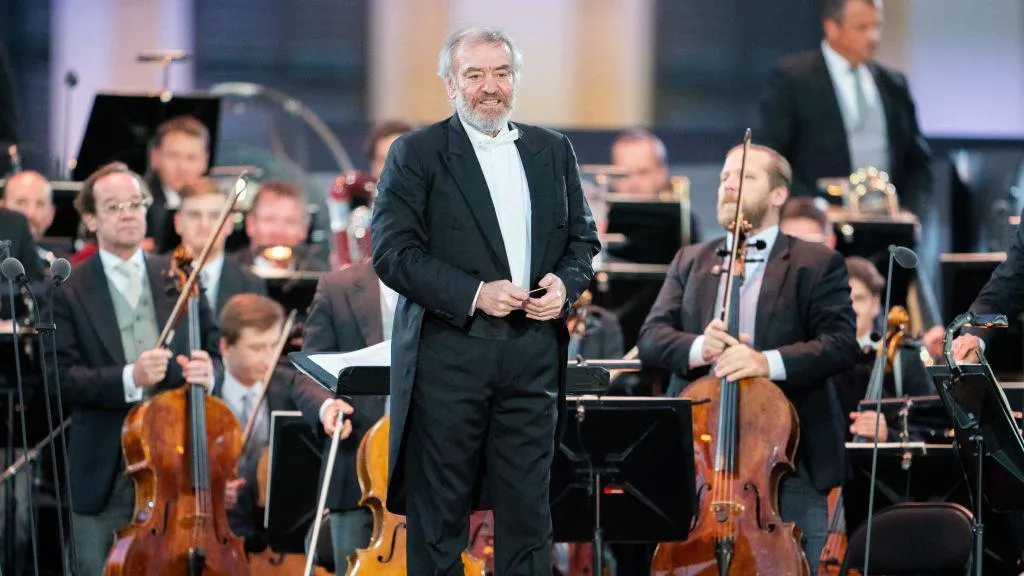
While the European Union has not formally sanctioned Gergiev, the European Commission, through spokesperson Eva Hrncirova, has urged European venues to refrain from hosting artists who endorse the war in Ukraine. She clarified that the Campania festival is not funded by EU “cohesion funds” but by Italy’s own resources. Nevertheless, the commission’s stance underscores the broader European sentiment against providing platforms for pro-war Russian artists. Activists have also alleged that Gergiev, a state employee, owns undeclared properties in Italy and has used charitable funds for personal enrichment, suggesting his public loyalty to Putin comes with significant personal rewards.
The Italian government has not officially commented on the specific controversy, though Prime Minister Meloni recently hosted Ukrainian leadership in Rome, reaffirming Italy’s unwavering support for Ukraine. Despite the significant international backlash and ethical questions raised, a spokesperson for the Campania festival expressed confidence that Gergiev’s performance would proceed as scheduled, emphasizing the region’s commitment to cultural events independent of political pressures.
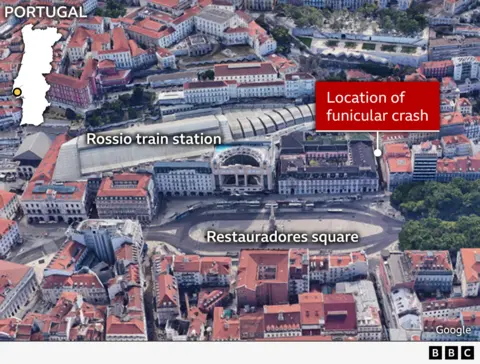

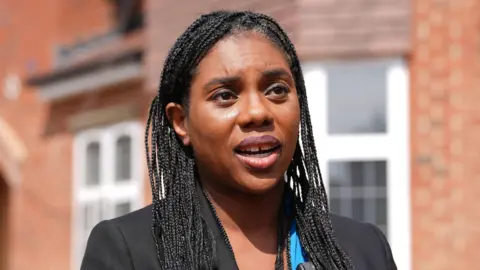
Post Comment